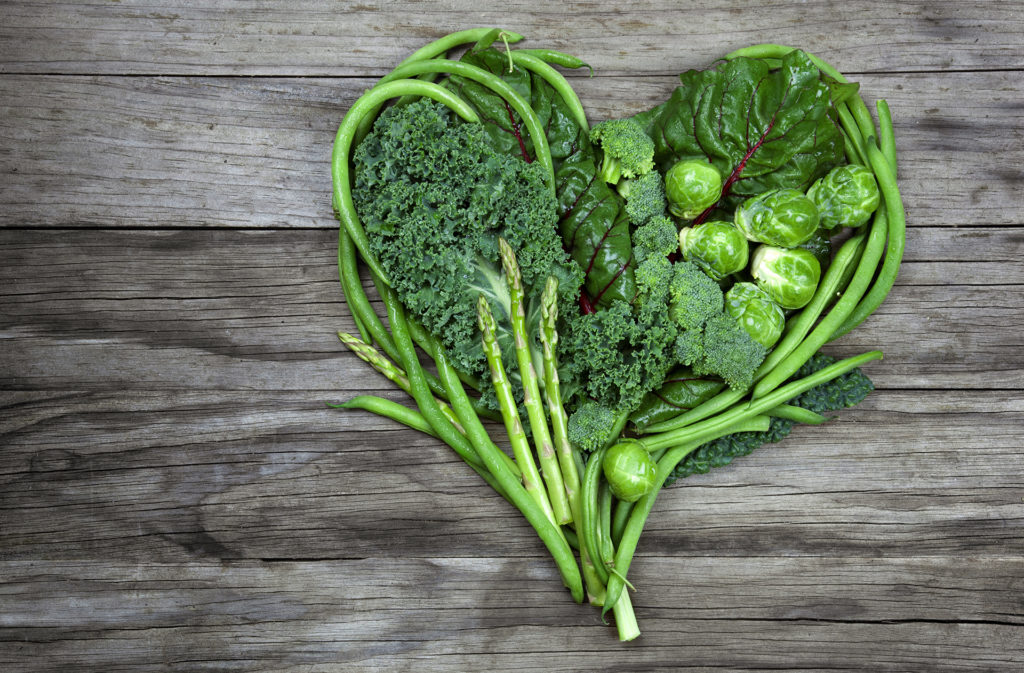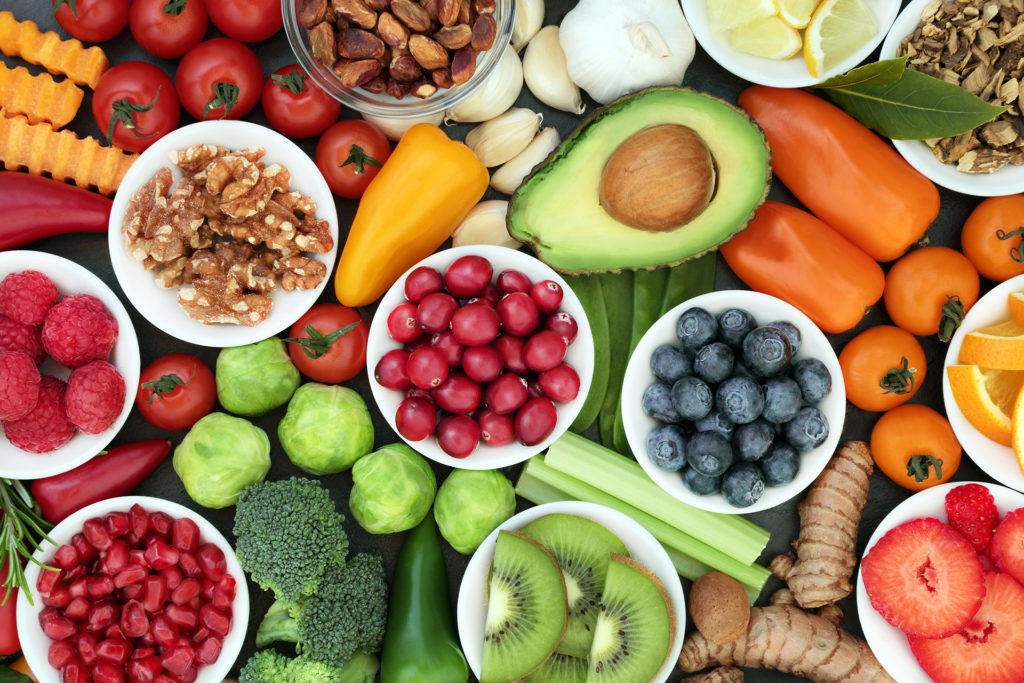Could You Go Vegan?

by Sophie Thurner, registered Nutritionist and qualified personal trainer – www.sophiethurnernutrition.com.
“Following a vegan diet for a month can certainly be beneficial from a nutrition point of view. Like any diet, it can be approached in a health or non-healthy way. Including more crisps, doughnuts and gin and tonics will not turn a diet healthy, even if they are vegan. However, basing a diet on wholesome plant-based products, including vegetables, fruits, whole grains, nuts, seeds, and legumes, has a vast array of benefits. Not only do these foods provide ample micronutrients, including vitamins, minerals and phytonutrients, they are also a fantastic source of fibre. On a population in the UK, the average daily fibre intake is 18g – nowhere near the recommended daily 30g. Considering fibre intake is imperative for a healthy gut and can decrease the risk of chronic disease, many of us would benefit from including more plant-based products in our diet.
“While a vegan diet can be nutritious, there are some nutrients which are harder to obtain when comparing it to an omnivorous diet. This includes iron, zinc, calcium, vitamin B12, vitamin D, iodine, omega 3 fatty acids and complete protein sources. Taking part in Veganuary in the space of a month is unlikely to put anyone at risk of nutritional deficiencies, however a transition to a permanent vegan diet must be planned with prior information and more care than an omnivorous diet.
“Lack of protein is typically the first concern for anyone considering a vegan diet. However, adequate protein levels can be met with a vegan diet; very few plant-based foods contain the full spectrum of essential amino acids, however, a daily consumption of different plant-based products will provide sufficient protein.
“Some nutrients, such as vitamin B12, cannot be obtained by a purely plant-based diet and must be supplemented in order to avoid the risk of deficiency. Deficiency can have severe health consequences, as it is essential in the developments of healthy red blood cells and nervous system. This also applies to vitamin D – this supplementation is recommended for everyone between the months of October and March.
“Other nutrients, such as calcium, iron and zinc, can be found in plant-based foods, however, they are found in less quantities and are also less bio-available in the body, particularly because absorption is affected by other compounds found in the same foods, including oxalates and phytates. Absorption can be increased with prior preparation like soaking and rinsing grains and legumes before cooking, or in the case of iron, adding a source of vitamin C.
“Adequate levels of nutrients such as omega 3 fatty acids and iodine can be met with consumption of a variety of seeds, nuts and fortified nut milk/other milk alternatives, though adequate levels are not as easily obtained as with animal-based products.
“It is clear that a vegan diet requires more thought and care than an omnivorous diet. Nutritional concerns of a vegan diet are not imminent if followed for a month, however going vegan long-term, just like any other major dietary restriction, should not be done without due diligence and awareness. Ultimately, with some supplementation and a strong focus on a variety of different foods that provide the essential nutrients, a vegan diet can be very healthy and nutritious, just like a similar diet but with the inclusion of some animal products.”







